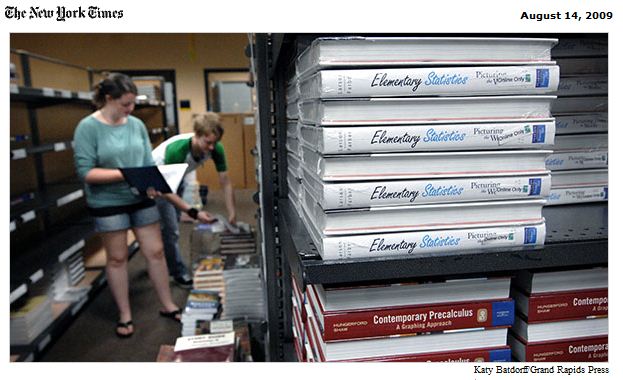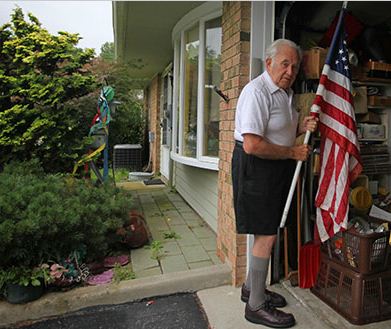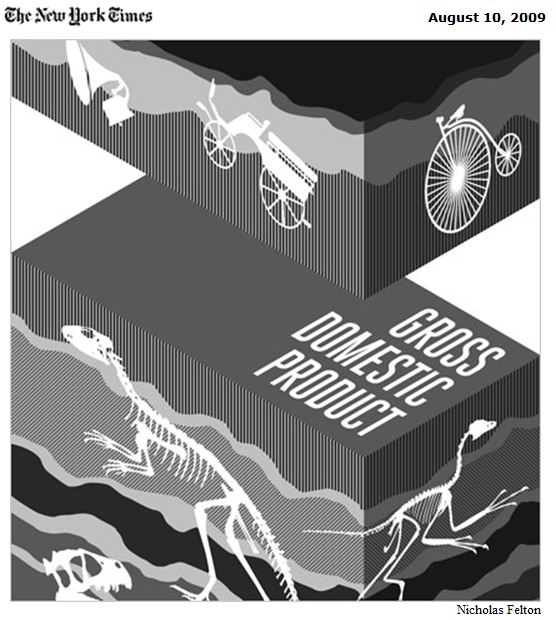Right now there’s a lot of attention on the health care system in the United States, and while I agree that is a big mess that needs fixing, this morning I couldn’t help but wonder about the justice system when I read this article in the paper this morning.
Like many of the topics that I write about, I am not an expert and I don’t pretend to be, but when I see something really obvious, I feel comfortable offering an opinion.
This was a case of banking fraud, and was well summarized in three sentences:
Eric Butler and an associate were charged with conducting “an illegal scheme in which they had falsely told clients their products were backed by federally guaranteed student loans and were a safe alternative to bank deposits. The products were actually linked to auction-rate securities.
John Nowak, an assistant United States attorney, told jurors in closing arguments that the two ran a high-stakes bait and switch, promising clients one product and delivering another to get higher commissions.”
That’s pretty clear in three sentences. And if there’s clear evidence of this “bait and switch” it seems to me that this should be prosecuted pretty quickly. But Mr. Butler was indicted last year (so at least eight months ago), and the guilty verdict they arrived at yesterday was the result of a three week jury trial. Three weeks of time away from presumably productive lives to settle something Bloomberg News can summarize in three sentences? Broken.
I am not saying securities fraud has much in common with a speeding ticket, but there are many things in the legal system like speeding tickets that are binary in the sense that you either did break the law, or you did not. Innocent until proven guilty – if there’s evidence of guilt, you are guilty. Pretty simple. Speeding is a good example of that, as is driving under the influence of alcohol, since there’s a test for that. There’s a clear pass/fail test and we tend to trust the police officers who cite people for these crimes, so the guilty parties pay the fine and move on, unless they think there was a mistake or extenuating circumstances, then you can request a hearing to be heard, though I was recently told even that option has gone away in my home state. That part of the system works a high percentage of the time.
So why for more serious crimes do we essentially not trust the arresting officer in this case who indicted Mr. Butler? If there’s evidence of something as clear as offering one product and selling another, why does it take a judge, a jury, probably at least two lawyers three weeks to sort that out?
I don’t know Mr. Butler and I honestly picked his case as a random example, but don’t you experts and non-experts agree there’s some rethinking to be done in the way we manage justice?
-Ric







